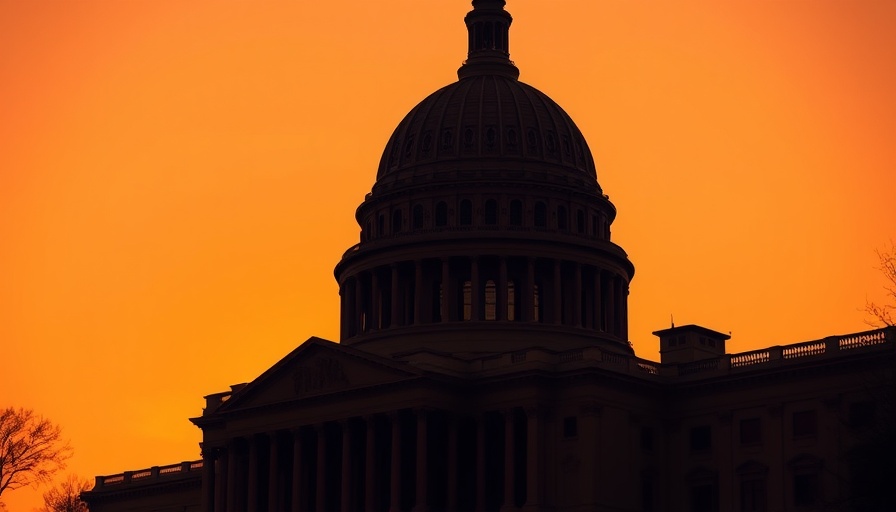
The Government Shutdown: A Battle Over Healthcare
At the center of the current federal government shutdown is a contentious battle over healthcare subsidies linked to the Affordable Care Act (ACA). The disagreement stems from a looming expiration of enhanced premium tax credits (PTCs), which lawmakers on both sides of the aisle have debated with increasing urgency. If these tax credits are not extended, the consequences could be dire for millions of Americans, especially small business owners and those navigating the gig economy.
Healthcare Funding: A Burgeoning Budget Nightmare
Federal healthcare expenditures are rapidly consuming a significant portion of the national budget, accounting for nearly 30% or approximately $1.98 trillion in 2024. By contrast, defense spending stands at $874 billion, and even education funding is dwarfed by healthcare appropriations. These spending trends indicate that healthcare, including Medicare and Medicaid, is becoming a budgetary behemoth. As the Congressional Budget Office (CBO) estimates, the costs of federal health insurance initiatives like PTCs may soar to $350 billion over the decade, underscoring the urgent need for effective reforms.
The Impact of Ending Subsidies on American Families
Without the assistance provided through PTCs, many Americans would face daunting healthcare costs. The average ACA premium could double for those without subsidies, pushing it to unaffordable levels. Case in point: Lori Hunt from Iowa, whose premium could hit $700—a figure exceeding her mortgage. Over the last few years, especially due to the enhancements made by the American Rescue Plan Act in 2021, enrollment in ACA marketplace plans surged from 11 million to over 24 million. A significant reduction in available subsidies would put health insurance out of reach for many, leading to undesirable outcomes like increased emergency room visits and accumulating debt due to unpaid medical bills.
Diverse Perspectives Surrounding the ACA
The gridlock in Congress reflects deeper ideological divides regarding healthcare distribution. Democrats are advocating for extending subsidies as essential for supporting the millions who have come to rely on them, while Republicans argue against their inclusion in budget discussions. This stalemate not only jeopardizes healthcare access but also emphasizes that a sizable portion of the American populace finds itself caught in the crossfire.
Predicting the Future: What Lies Ahead?
As the government remains shuttered, the fate of healthcare subsidies is uncertain. The CBO predicts that by 2035, without continued subsidies, 3.8 million Americans may lose access to affordable health insurance options. This outcome raises significant concerns about overall public health and the economic ramifications of untreated conditions that can lead to higher long-term costs. The dialogue surrounding healthcare subsidies symbolizes broader issues of access and affordability within the U.S. health system, compelling policymakers to reconsider the structure and sustainability of healthcare funding.
Conclusion: What Should Small Business Owners Do?
For small business owners and entrepreneurs, navigating the intricacies of health care reform and subsidy extensions is critical. The approaching end of enhanced subsidies demands that these stakeholders become proactive: lobbying representatives, advocating for continued support, and exploring alternative health care options. Understanding the implications of healthcare funding on business sustainability can help them safeguard their futures in an evolving economic landscape.
 Add Row
Add Row  Add
Add 




Write A Comment